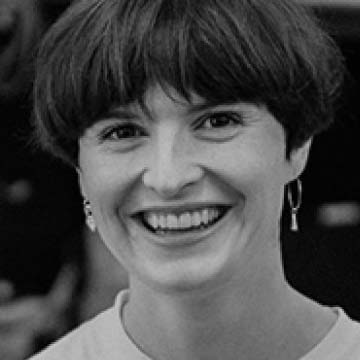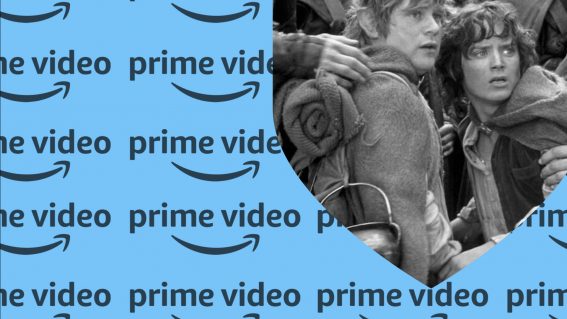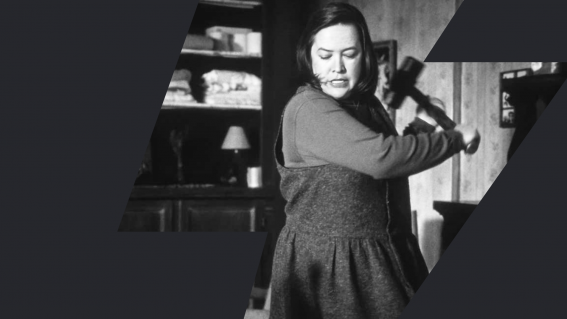The wasted potential of Don’t Worry, Darling’s ending
When all is revealed, it’s hard to tell what position the film takes on the socio-political themes at play.
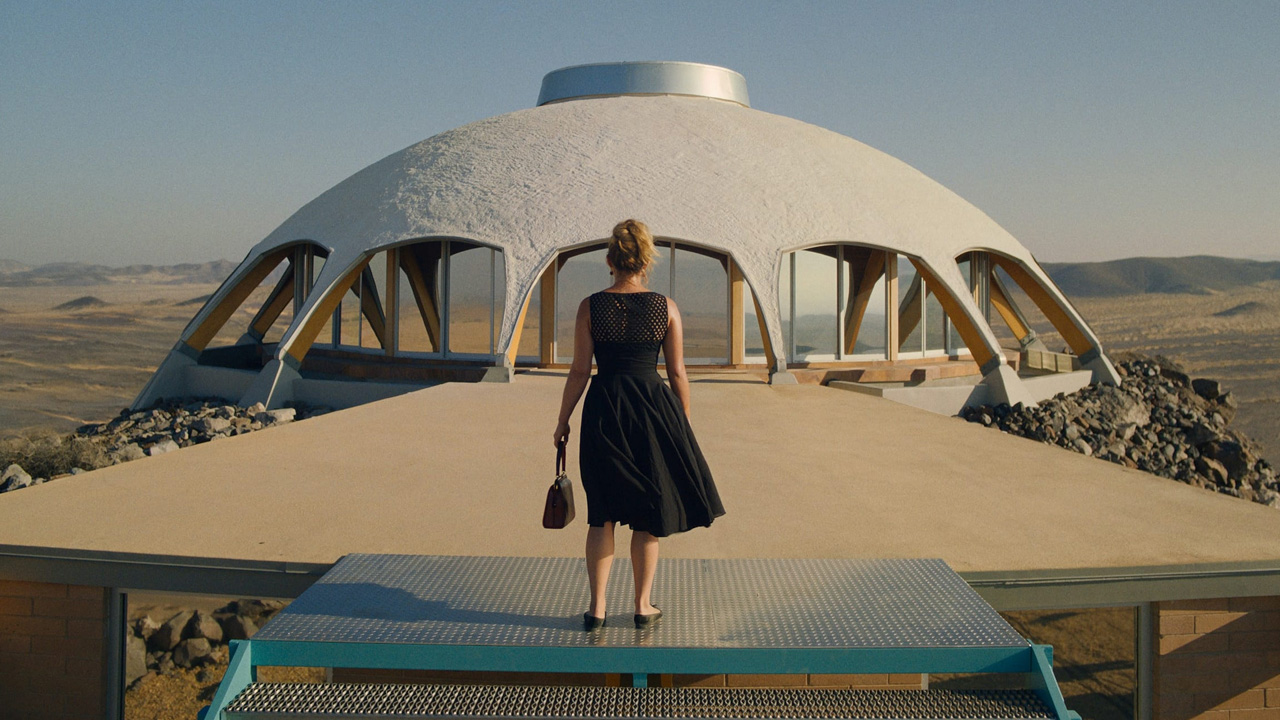
There’s been a lot of buzz surrounding thriller mystery Don’t Worry, Darling, and not necessarily the good kind. In this spoiler discussion, Rachel Ashby cuts through the noise to look deeper at the film’s big plot twist and the opportunities it wastes.
Two weeks ago, I found myself in an unusually long and buzzing line of moviegoers waiting to watch an early screening of Don’t Worry, Darling, the much anticipated second feature film from director Olivia Wilde. It would be safe to say that there were two distinct groups gathered at the cinema that night. The first consisted of Harry Styles fans (One Direction t-shirts and general teenage enthusiasm a dead giveaway), while the second seemed to be there for the same reason people slow down around a car crash.
Much like everyone else with a Twitter account in the year 2022, I found it impossible to avoid the pulpy gossip surrounding the release of Don’t Worry, Darling, a supposedly feminist psychological thriller set in early 1960s America. I say supposedly feminist, because the trailer gave little away about the plot, and all the marketing, posters and general teaser information about the film was alluringly vague on subject matter. Starring Oscar-nominated Florence Pugh, mega pop star Harry Styles, and silver screen stalwarts Chris Pine and Gemma Chan, the film hardly needed to lean on plot to draw a crowd. Add this star power to rumours of on-set tensions, public spitting, and a dire score on Rotten Tomatoes, and you have all the ingredients for a perfect PR storm.
I’m not above a bit of celebrity gossip (my flatmates can attest to the many, many Chris Pine reaction memes I made them look at), so I would be lying if I said I wasn’t firmly in the category of filmgoers ready to have a good time watching a mess play out on the big screen. To be fair to the film, it had its moments. The costuming was great, the party scenes were fun, and there were more than a few excellent one-liners. But when it came to selling the thriller elements at the story’s core, it was distractingly lacking in substance.
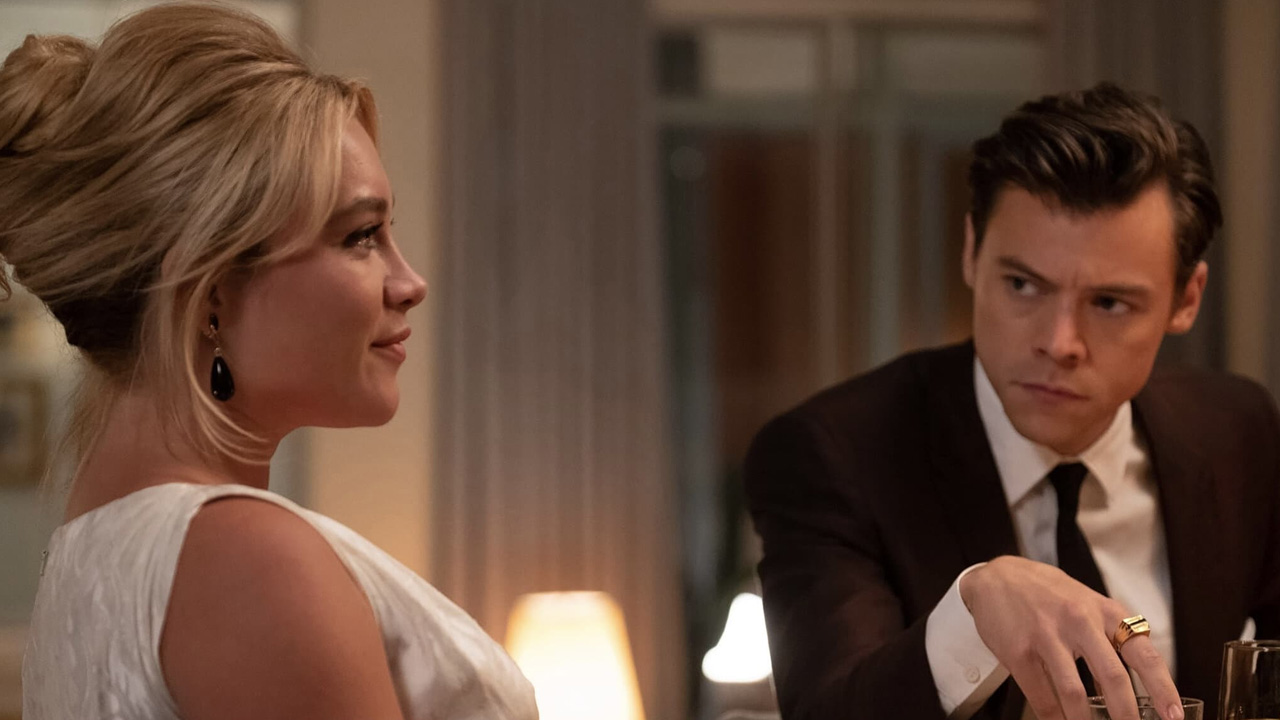
Set in a 1960s domestic dream town called Victory, the story follows the unravelling of Alice (Pugh), a young housewife who begins to suspect something dark is bubbling under the surface of her “perfect” life. Alice spends her days doing chores, drinking cocktails and shopping, and in the evenings she hosts lavish parties and has Mad Men-esque sex with her handsome young husband Jack (Styles).
Despite the saccharine patriarchy of it all, there’s very little to suggest Alice is in any way unsatisfied with her life, and very little in the script to criticise the world these characters inhabit. We’re not actually offered any real information about the interests and values of Alice, or any other character for that matter, until about three-quarters of the way through the film when the plot twist is revealed.
To cut an extremely long and repetitive story short, Alice starts to have alarming visions which lead her to confront the leader of Victory (Pine) about what’s actually going on in the town. She’s promptly hauled off for electroshock therapy and it’s revealed to the audience that the year is actually 2022 and Victory is a virtual reality programme. In the real world, Alice is a doctor and Jack is her layabout boyfriend who’s drugged her and forced her into this simulated reality where she can have a problem-free housewife existence, and he can live out a fantasy of being a high-flying businessman.
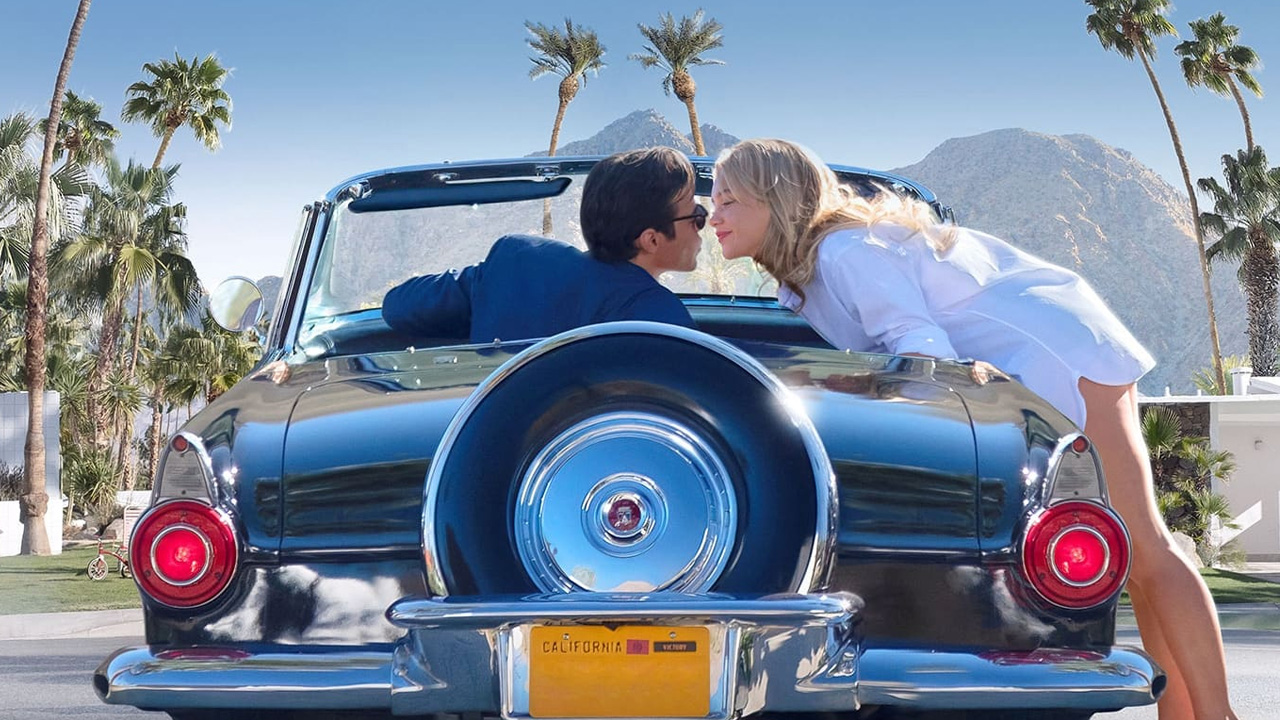
What motivated her boyfriend to do such a thing? Sure, we see him on the internet listening to some Jordan Petersen-style podcasts, but that’s about as far as the film dives into his Incel radicalisation before he’s signed up to the Victory Programme and kidnapping his girlfriend. So many blanks in characterisation are left for the audience to fill that it’s hard to tell what position the film takes on the socio-political themes at play.
This lack of ideological positioning is interesting given that, in press about the film, Wilde emphasised her keenness to explore feminist ideas through the prism of science fiction. There isn’t really a moment I could pinpoint in the plot where a recognisably feminist ideology shone through. Even in Alice’s bid for freedom, it’s self-preservation, rather than a desire to smash the patriarchy, that leads her to kill her boyfriend, steal a car and race for the simulated horizon. Likewise, introducing the idea of Incel culture at the final stage of the film felt like a wasted opportunity to explore a contemporary take on the questions around free thought that The Matrix first asked 23 years ago.
With the film struggling to land on a social commentary, or even knit together the two worlds it has built, it’s perhaps unsurprising that the behind-the-scenes gossip has taken such a starring role in the discourse. For all of the salacious build-up, the film fails to deliver on the promise of a provocative payoff.
